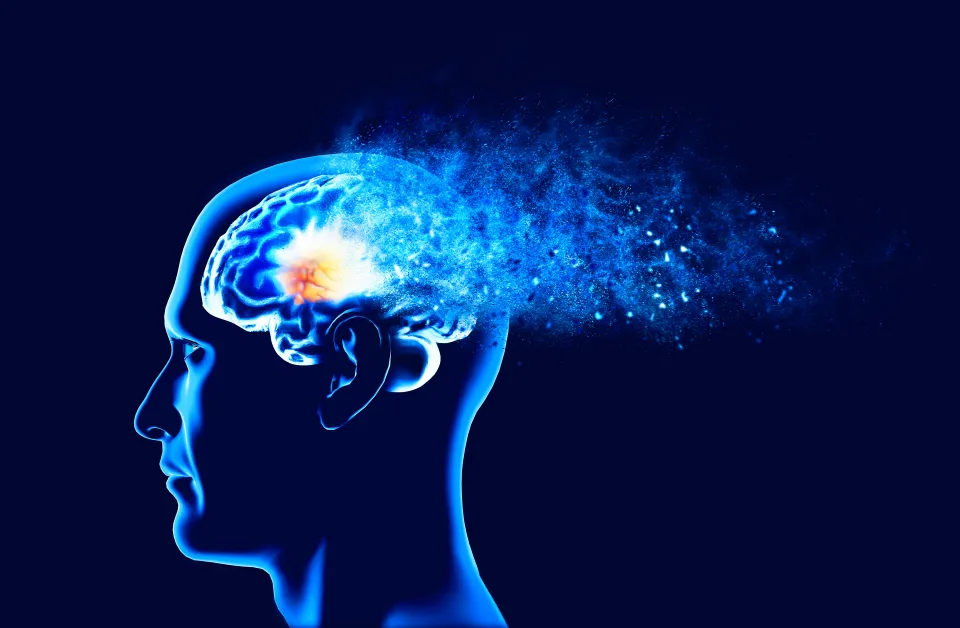Understanding Alzheimer’s: How It Impacts the Brain and Memory
Alzheimer’s disease is a progressive neurological disorder that profoundly affects memory, thinking, and behavior. As one of the most common causes of dementia, it primarily impacts older adults but can occur earlier in rare cases. Understanding how Alzheimer’s affects the brain and memory is crucial for providing better care and support.
What Is Alzheimer’s Disease?
Alzheimer’s disease is characterized by the gradual deterioration of brain cells, leading to cognitive and functional decline. The condition progresses through several stages:
- Early Stage: Mild memory loss and difficulty recalling recent events.
- Middle Stage: Increased confusion, difficulty performing daily tasks, and changes in behavior.
- Late Stage: Severe memory loss, inability to recognize loved ones, and loss of independence.
The exact cause of Alzheimer’s is unknown, but factors such as genetics, age, and lifestyle contribute to its development.
How Alzheimer’s Impacts the Brain
The disease alters the brain in the following ways:
- Plaques and Tangles
- Amyloid Plaques: Protein fragments accumulate between brain cells, disrupting communication.
- Tau Tangles: Twisted fibers form inside brain cells, impairing nutrient transport.
These physical changes damage the brain’s structure and lead to cell death.
- Shrinkage of Brain Areas
- The hippocampus, essential for memory, is among the first regions affected.
- Over time, other areas shrink, impacting decision-making, problem-solving, and crucial bodily functions.
Memory Loss in Alzheimer’s
Memory loss is one of the hallmark symptoms of Alzheimer’s disease.
Types of Memory Affected
- Short-Term Memory: Difficulty remembering recent conversations or events.
- Long-Term Memory: Gradual loss of memories, such as life events or recognizing loved ones.
- Procedural Memory: In later stages, even routine tasks like eating or dressing may be forgotten.
How It Happens
- The deterioration of neurons in the hippocampus disrupts the ability to form new memories.
- Damage to other brain parts eventually erases stored memories and learned skills.
Early Warning Signs
Identifying Alzheimer’s early can help in managing the condition effectively. Look out for:
- Forgetting important dates or events.
- Difficulty planning or solving problems.
- Confusion about time or place.
- I need help understanding visual images or spatial relationships.
- Withdrawal from social activities or work.
If you notice these signs, consult a healthcare professional immediately.
Caring for Someone with Alzheimer’s
Caring for a loved one with Alzheimer’s requires patience, understanding, and adaptability.
- Provide Routine and Structure
- Establish a consistent daily schedule to reduce confusion.
- Simplify tasks to ensure they remain manageable.
- Communication Tips
- Use clear, simple language and maintain eye contact.
- Avoid arguing or correcting, and focus on offering reassurance.
- Professional Support
- Consider home nursing services for personalized care.
- Seek therapy for emotional well-being and caregiver support.
Living with Alzheimer’s
While Alzheimer’s has no cure, early diagnosis and intervention can slow its progression. Medications, lifestyle changes, and therapies can improve patients’ and caregivers’ quality of life.
Why Choose HomeNursingServicesInPakistan?
At HomeNursingServicesInPakistan, we provide compassionate care tailored to the needs of Alzheimer’s patients. Our professional caregivers are trained to handle the unique challenges of dementia care, ensuring your loved one receives the best possible support.
Contact Us Today:
- Phone: 0327 9016599
- Email: lajpalcare22@gmail.com
- Visit Us: Office #2, First Floor, Al-Harmain Plaza, GT Road, Near Bahria Phase 7, Rawalpindi
Empower families with the right resources and care for Alzheimer’s patients, ensuring dignity and comfort in every step of their journey.
- Elderly Care Services
- Home Patient Attendant
- Home Nursing Services
- About Us
- Our Services
- Home
- Book Now
For More Information Find us on








